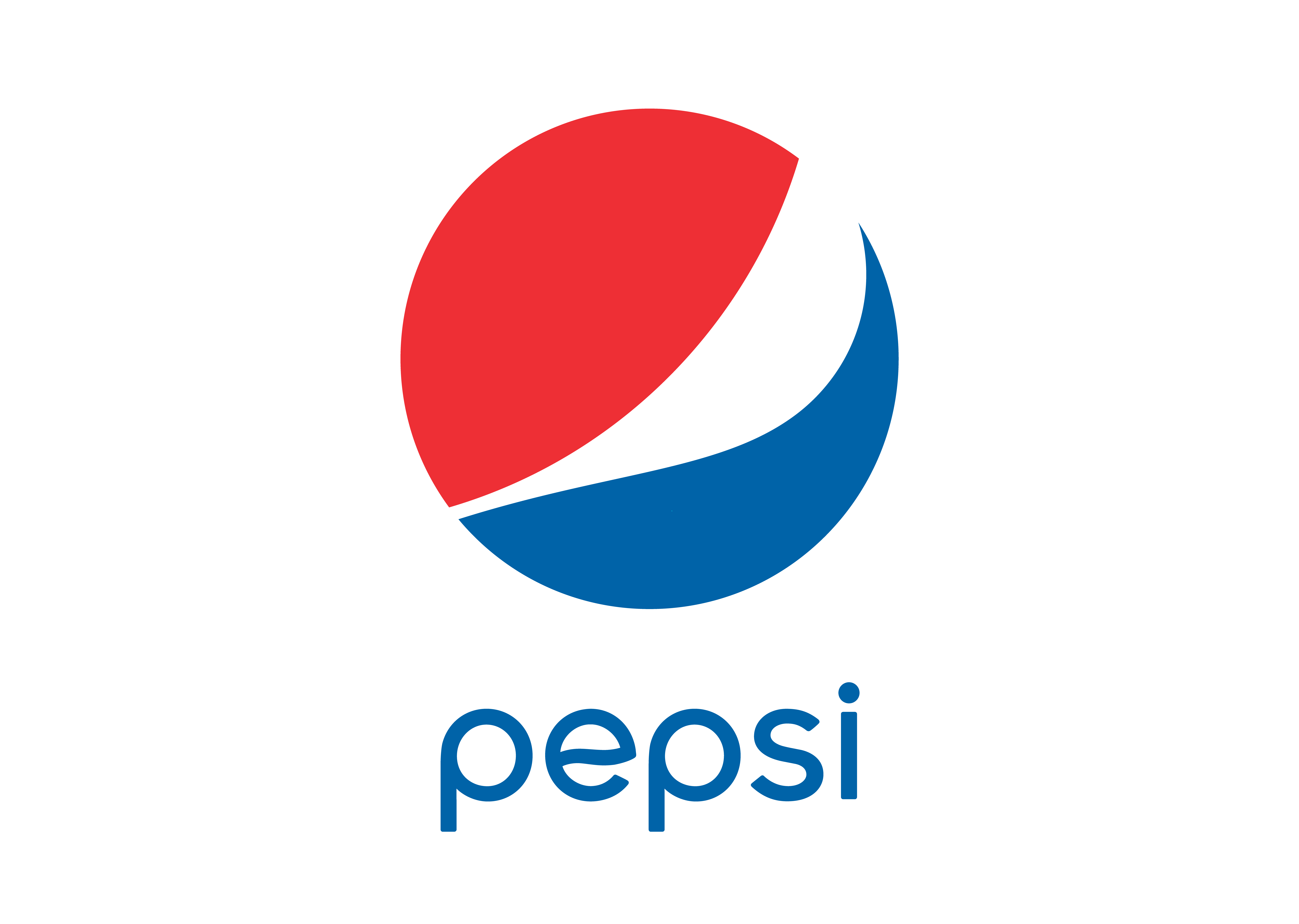Have you ever wondered how a beloved brand like Maggi navigated through a major crisis and managed to salvage its reputation?
In this blog post, we will delve into the fascinating case study of Maggi’s crisis management.
From the emergence of health concerns surrounding its popular noodles to government bans and consumer backlash, Maggi faced a daunting challenge.
However, through strategic crisis management approaches, the brand not only survived but also thrived.
Join us as we examine the key strategies employed by Maggi, evaluate their effectiveness, and draw valuable lessons from this compelling case study.
Let’s learn through reading Maggi crisis management case study
Brief history and popularity of Maggi
Maggi, a brand of instant noodles and food products, has a rich history that spans over a century. It was first introduced in 1884 by Julius Maggi, a Swiss entrepreneur, as a solution to provide affordable and nutritious meals to the working class. Maggi quickly gained popularity due to its convenience and flavor-enhancing properties.
Over the years, Maggi expanded its product range to include various food items such as soups, sauces, bouillons, and noodles. The brand’s instant noodles, in particular, became a household name across many countries, cherished for their quick preparation time and delicious taste.
Maggi’s popularity soared globally, with a presence in over 90 countries. It became synonymous with quick and easy meals, often considered a go-to option for busy individuals and families. Its widespread appeal and loyal consumer base cemented Maggi’s position as a leading food brand in the international market.
However, the brand’s stellar reputation and popularity would soon face a severe test when it encountered a crisis that shook consumer confidence and forced Maggi to reevaluate its crisis management strategies.
The Crisis
In 2015, Maggi faced a significant crisis that cast doubts on the safety and quality of its beloved noodles. It all began when the Food Safety and Standards Authority of India (FSSAI) conducted tests on Maggi noodles and found elevated levels of lead and monosodium glutamate (MSG), a flavor enhancer, beyond the permissible limits.
The test results sparked widespread concerns about the potential health hazards associated with consuming Maggi noodles. Lead is a heavy metal that, when ingested in excessive amounts, can cause severe health problems, especially in children.
MSG, on the other hand, had been a subject of controversy for its alleged negative health effects, including headaches and allergic reactions.
The news of the test results spread like wildfire, causing a wave of panic among consumers. Social media platforms amplified the concerns, and soon there was a massive backlash against Maggi.
Consumers began boycotting the brand, demanding action from regulatory authorities to safeguard their health.
The crisis escalated when several Indian states imposed bans on Maggi noodles, and the product was swiftly removed from store shelves. The brand’s reputation, carefully built over decades, was suddenly under threat, and Nestlé, the parent company of Maggi, faced a critical challenge in managing this crisis effectively.
The health concerns surrounding Maggi noodles not only posed a threat to public health but also raised questions about Nestlé’s commitment to product safety and quality. To regain trust and restore its reputation, Maggi needed a robust crisis management approach that could address the concerns of both consumers and regulatory authorities.
Government bans and consumer backlash
The health concerns surrounding Maggi noodles led to swift action by governmental authorities in various countries. In India, where Maggi had an immense presence, several state governments imposed a ban on the sale and production of Maggi noodles.
The bans were based on the test results that showed elevated levels of lead and MSG, raising concerns about public health and safety.
The government bans added fuel to the already raging fire of consumer backlash. Consumers felt betrayed and deceived by a brand they had trusted for years. Social media platforms became a battleground for expressing outrage and sharing personal experiences, further tarnishing Maggi’s reputation.
Hashtags like #BoycottMaggi trended, and consumers actively participated in online discussions, spreading negative sentiments and urging others to boycott the brand.
The consumer backlash extended beyond social media. Protests and demonstrations were organized in various cities, with consumers disposing of Maggi noodles publicly to show their discontent. The crisis hit Maggi hard, resulting in a significant decline in sales and a loss of market share.
Impact on Nestlé and Maggi’s reputation
The crisis surrounding Maggi had a profound impact on both Nestlé and the brand’s reputation. Nestlé, as the parent company, faced significant challenges in managing the crisis and protecting its overall corporate image.
The incident not only raised questions about Maggi’s product safety and quality but also put a spotlight on Nestlé’s commitment to consumer welfare. The fact that elevated levels of lead and MSG were found in Maggi noodles brought into question the effectiveness of Nestlé’s quality control processes and regulatory compliance.
The impact on Maggi’s reputation was equally significant. The brand went from being a household favorite to being associated with health concerns and regulatory violations. The once-trusted brand became a symbol of mistrust and betrayal in the eyes of consumers.
Maggi’s image as a convenient and reliable food choice was severely tarnished. The crisis highlighted the need for Maggi to not only address the immediate concerns regarding product safety but also rebuild its reputation from the ground up.
The success of their crisis management efforts would determine whether Maggi could regain consumer trust and restore its position in the market.
Crisis Management Strategies Employed by Maggi
Following are the key aspects of Maggi crisis management strategy that were employed by Maggi to reclaim customers’ trust and restore its brand’s reputation.
Prompt response and acknowledgement of the crisis
One of the key crisis management strategies employed by Maggi was a prompt response and acknowledgement of the crisis. Recognizing the gravity of the situation, Maggi did not shy away from addressing the issue head-on.
As soon as the test results and the subsequent bans were announced, Maggi swiftly issued public statements acknowledging the concerns raised and expressing its commitment to consumer safety. The brand took responsibility for the situation and assured consumers that they were taking the matter seriously.
Maggi’s prompt response also allowed the brand to take control of the narrative to some extent. By proactively communicating about the crisis, Maggi aimed to prevent misinformation from spreading and mitigate further damage to its reputation. This approach helped Maggi set the stage for subsequent crisis management efforts.
Open communication channels with stakeholders
To address consumer concerns and keep them informed, Maggi utilized multiple communication channels. The brand set up dedicated helplines and email addresses to receive queries and feedback from consumers.
Social media platforms were actively monitored, allowing Maggi to respond promptly to consumer inquiries and complaints. Through these channels, Maggi provided regular updates on the steps being taken to address the crisis, assuring consumers of their commitment to resolving the issue.
Maggi also prioritized open communication with its distributors and retailers. The brand ensured that they were well-informed about the situation and provided them with guidance on how to handle consumer queries and concerns.
Furthermore, Maggi actively engaged with the media, providing regular press releases and participating in interviews to keep the public informed about the progress made in addressing the crisis. This helped to shape the narrative surrounding the brand and countered negative publicity.
Collaboration with regulatory authorities
Maggi understood that working closely with regulatory bodies was essential to rebuild trust and ensure compliance with safety standards. The brand cooperated fully with investigations, providing necessary information, test results, and documentation to the regulatory authorities. This collaboration helped demonstrate Maggi’s commitment to addressing the issues raised and working in alignment with the regulatory framework.
By actively involving regulatory authorities in the crisis management process, Maggi showcased its willingness to comply with regulations and prioritize consumer safety. This collaborative approach fostered a sense of shared responsibility between Maggi and the regulatory bodies, leading to a more constructive and effective resolution of the crisis.
Additionally, Maggi sought guidance and recommendations from the regulatory authorities on implementing appropriate measures to address the concerns. The brand worked closely with the authorities to establish revised quality control protocols and testing procedures to ensure the safety and compliance of its products. This collaboration not only helped in resolving the immediate crisis but also set the foundation for a more robust and transparent system moving forward.
Product recall and quality assurance measures
Firstly, Maggi initiated a voluntary recall of its noodles from the market. This proactive step demonstrated the brand’s commitment to consumer safety and its willingness to take immediate action to address the issue.
The product recall was a significant undertaking, involving the retrieval and removal of Maggi noodles from store shelves across affected regions. By recalling the products, Maggi aimed to prevent further consumption and potential harm to consumers.
Simultaneously, Maggi implemented rigorous quality assurance measures to ensure the safety and compliance of its products. The brand conducted extensive testing of its noodles, not only for lead and MSG but also for other potential contaminants.
Maggi worked with reputable laboratories to conduct these tests and set stringent internal standards for acceptable levels of contaminants. This commitment to quality assurance aimed to rebuild consumer confidence by assuring them of the safety and integrity of Maggi products.
Public relations and brand rebuilding efforts
To regain consumer trust, Maggi launched a robust public relations campaign. The brand actively engaged with the media to share updates on the progress made in addressing the crisis. This included press releases, interviews, and statements from company representatives.
Maggi used these opportunities to emphasize its commitment to consumer safety, the measures taken to rectify the situation, and the steps implemented to prevent similar issues in the future. The goal was to rebuild credibility by being transparent and proactive in its communication with the public.
Maggi also leveraged social media platforms and its website to communicate directly with consumers. The brand shared information about the product recall, quality control measures, and safety protocols implemented. Maggi encouraged open dialogue, addressing consumer queries, concerns, and complaints promptly and empathetically.
Additionally, Maggi launched targeted marketing campaigns focused on re-establishing its image as a trusted and reliable brand. These campaigns highlighted the brand’s heritage, quality standards, and rigorous testing processes. Maggi emphasized its commitment to providing safe and nutritious food options for consumers, focusing on the steps taken to regain their trust.
To reinforce its commitment to quality, Maggi also partnered with renowned nutritionists and health experts to endorse the brand and vouch for its safety. These collaborations aimed to rebuild credibility by associating Maggi with authoritative voices in the field of nutrition and food safety.
Lessons Learned from Maggi’s Crisis Management
Following are the important lessons that serve as valuable guidelines to navigate and mitigate the impact of crises effectively, protecting the reputation and long-term success of the organization.
A. Importance of proactive crisis preparedness
Maggi’s crisis highlighted the importance of being prepared for potential crises before they occur. By having proactive crisis management strategies in place, organizations can respond swiftly and effectively when faced with unexpected challenges. This includes having a crisis management team, conducting risk assessments, and developing response plans that outline steps to be taken in different scenarios. Being prepared enables organizations to mitigate damage, maintain control of the narrative, and protect their reputation.
B. Effective communication as a key component of crisis management
Maggi’s crisis underscored the critical role of effective communication during a crisis. Prompt and transparent communication with stakeholders, including consumers, government authorities, distributors, and the media, is crucial in managing a crisis. Open channels of communication help address concerns, provide accurate information, and demonstrate a commitment to transparency and accountability. Clear and consistent messaging helps regain trust, counter misinformation, and shape the narrative surrounding the brand.
C. Collaborative approach with regulatory bodies
Maggi’s collaboration with regulatory authorities proved to be essential in managing the crisis. Working closely with regulatory bodies demonstrates a commitment to compliance and consumer safety. By actively involving regulatory authorities, organizations can benefit from their expertise, guidance, and support in resolving the crisis effectively. Collaboration fosters trust, enables a unified approach, and helps establish long-term regulatory compliance standards.
D. Building and maintaining brand trust and credibility
Maggi’s crisis highlighted the significance of brand trust and credibility. Building a strong reputation based on consistent quality, transparency, and consumer satisfaction is crucial in weathering a crisis. Organizations must prioritize maintaining trust by delivering on their brand promises, adhering to safety and quality standards, and being responsive to consumer concerns. Cultivating brand loyalty and credibility beforehand helps in times of crisis, as consumers are more likely to give the benefit of the doubt and remain supportive.
Final Words
Maggi crisis management case study provides valuable insights into how a brand can effectively navigate a crisis and rebuild its reputation. Maggi’s experience highlights the importance of proactive crisis preparedness, effective communication, collaboration with regulatory authorities, and building and maintaining brand trust and credibility.
Finally, maintaining brand trust and credibility is crucial in crisis management. By consistently delivering on brand promises, organizations can weather a crisis with the support of loyal consumers. Building strong reputations beforehand helps in times of crisis, as consumers are more likely to give the benefit of the doubt and remain supportive.
By learning from the Maggi crisis management case study, organizations can implement these strategies to navigate crises effectively, protect their reputation, and emerge stronger from challenging situations.



